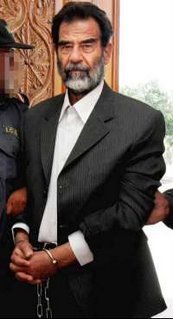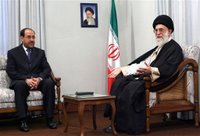 ( Ottoman Sultan)
( Ottoman Sultan)It’s Thanks Giving, and for Americans it means a national day where the whole family gathers to celebrate this national holiday by eating a Turkey.
While it is known that Thanks Giving is celebrated to commemorate the original settler’s survival in the New World.
But where did the name “Turkey” come from? What kind of relation the name Turkey has to do with the country of Turkey?
Middle East scholar Bernard Lewis wrote in the New York Review of Books in 2003 that the reason Americans or “westerners” named the exotic bird they encountered in the new world “Turkey” because for one it was a strange, exotic and unknown bird to them, and since the Ottoman Empire at the time, the 17th century, was an unfamiliar and exotic landscape for most westerns especially that the Ottoman “Turkish” Sultan was also exotic looking with his colorful turban and attire. So according to Lewis analysis, the Western pilgrims named the exotic unknown bird they encountered “Turkey” because Turkey also represented an exotic unfamiliar place to them.
A Harvard scholar however wrote that Westerners who visited turkey in the 16th and 17th century saw a native Turkish bird called "çulluk" that looks like the Turkey bird however smaller, and when they encountered the Bird in the new world, they mistakenly thought it was the same bird.
But also, there is this theory that explains the reason for the naming mistake by the Europeans was that they called an African bird called now called " Guinea Foul" which came to Europe via Turkey as the "Turkey Cock" hence the name " Turkey" when the encountered the Turkey bird in the New World.
Interestingly, however, the Turks do not call the Turkey” Turkey”, the name for it in Turkish is “ Hindi” from “ Hind” which is India, so it is called the Indian Bird.
The reason is that the Turks thought the Bird was originated in India.
In Arabic the bird is called the Ethiopian bird “ Deek Habash” ( Deek is rooster or bird) because Ethiopia was called Abyssinia and Habash is Arabic for Abyssinia.

In Egyptian Arabic the bird is called “ Deek Roumi” which means a Roman Bird. Perhaps if I follow Bernard Lewis analysis, the Egyptians associated the bird with the westerners or even the Roman Emperor because the Roman Emperor, much like his Ottoman Sultan counterpart sported a crown and colorful attire.
 ( Charlemagne,Holy Roman Emperor)
( Charlemagne,Holy Roman Emperor)In Macedonian Slavic the bird is called simply Misir which means “the Egyptian bird” (Misir, for male bird and Miserika for female) the Arabic word for Egypt is “Misir”
This like going after a wild Turkey chase!
But what do they call this worldly bird in India.
by now I thought India would have the answer to this chase, but to my utter surprise, i found that the bird does not even exist in India.
And I also found that there is no word for it in any of the Indic languages I researched!
Still, i asked few Indians i know about it.and they said that there is no Turkey or a name for it in India.
This is shocking eh!
However,the common theme I found when digging the archeological eytmology of the word “Turkey” was that in most European languages, the Bird is always called or referred to as an Indian Bird or the bird from India or from the Indian city Calcutta.
The reason for that I think it had to do with the Greeks who originally called it “Indike ornitha” which means Indian Bird.
In polish its called “Indyk” while in Russian its “Indjuk”
while in Portuguese the bird is called “Peru” named after the country Peru.
In Mandarin Chinese it is called the hu ji, which roughly translates into “fire chicken”, while in Japanese it is called shichimenchoo, which means “the Seven-sided bird”
The bird is perhaps truly native to the new World, America, but almost every country and major language in the world named him after another country that thinks is far away and exotic.



